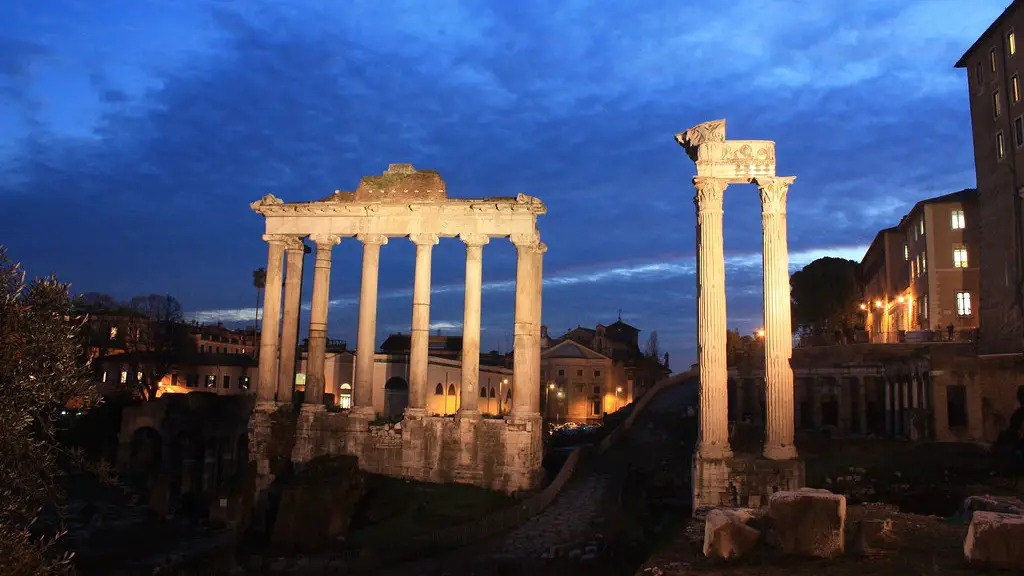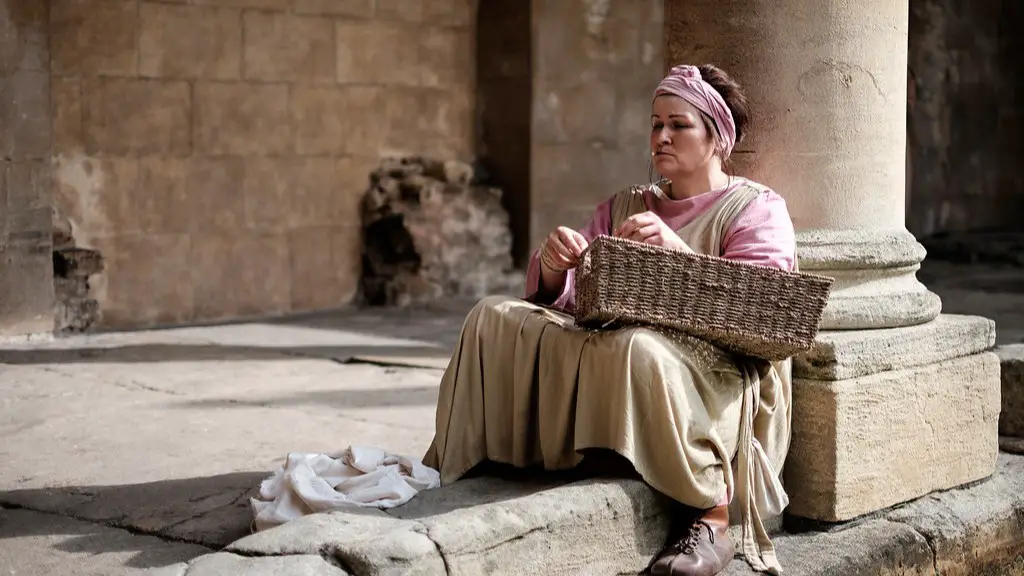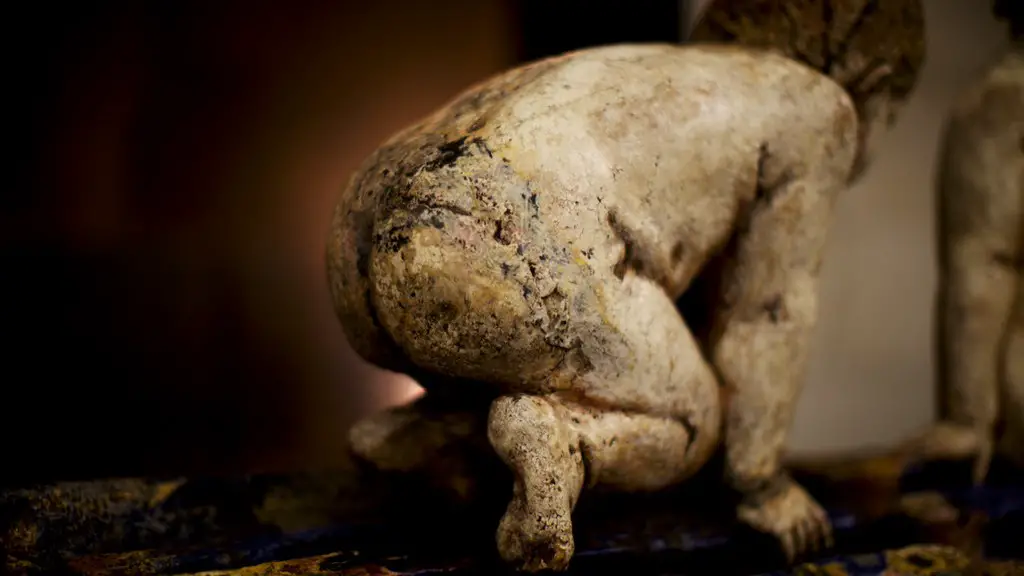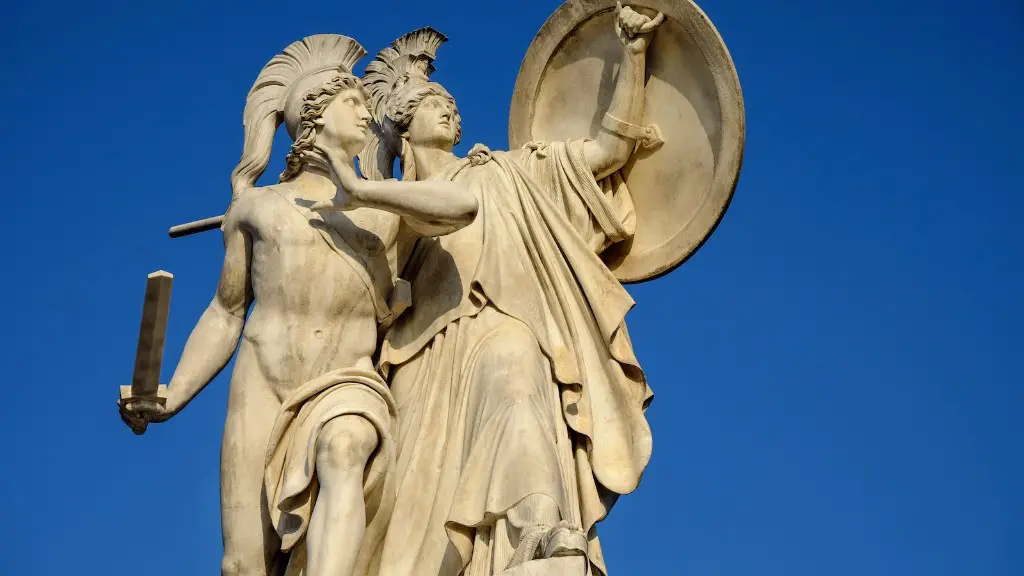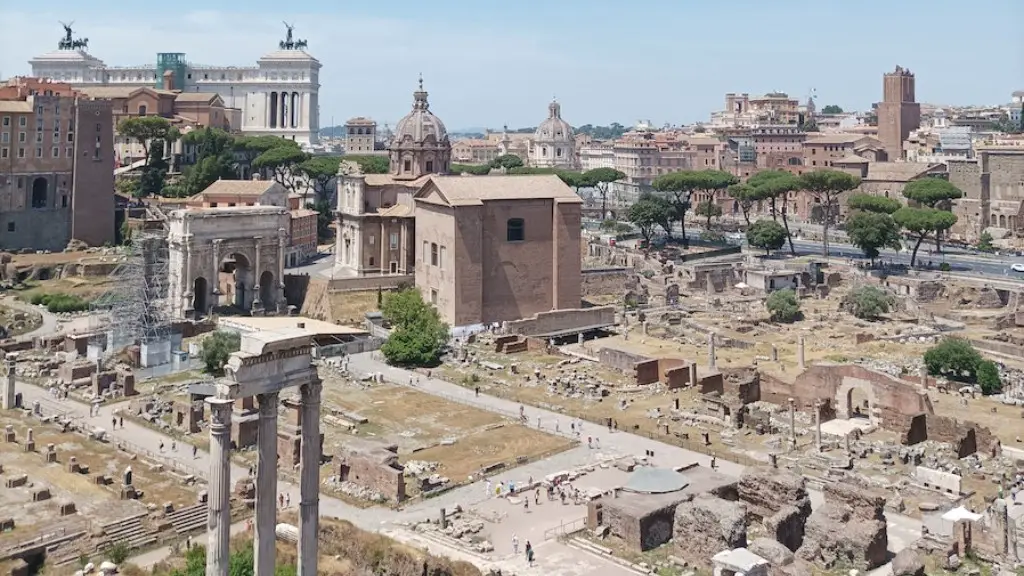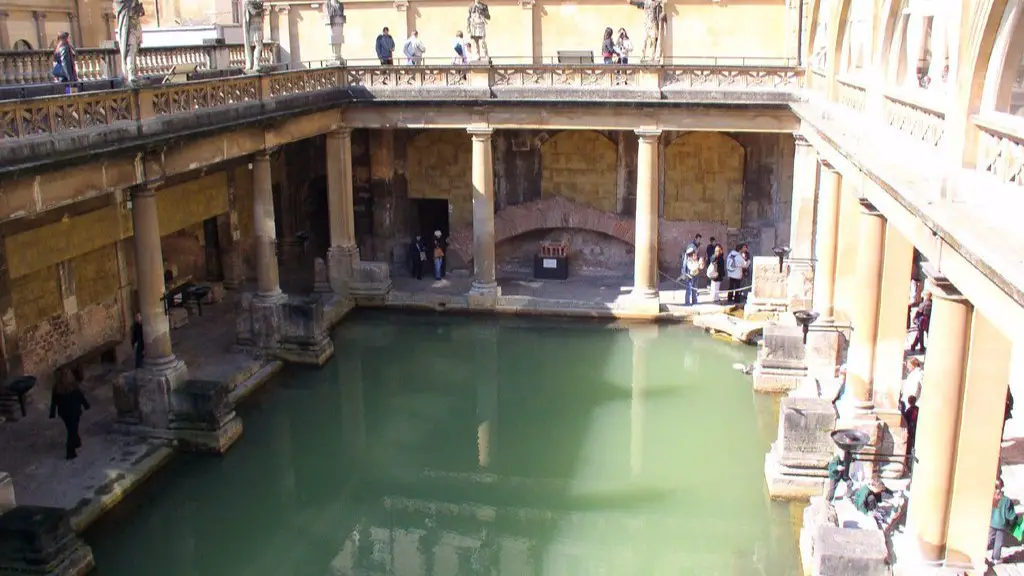Have you ever heard the term ‘Tribune’ in the context of Ancient Rome? Tribunes were a powerful class of religious and political officials that served as representatives of the people, and had the legal power to stand for and protect their interests. In this article, we’ll explore the origins, duties, and importance of the tribunes in Ancient Rome.
The office of the tribune was established in 501 BC when the Roman patrician class agreed to the institution of the tribune of the plebs in order to address the increasing tensions between the patricians and the plebeians. This was a revolutionary concept, as it allowed the plebeians to finally have a voice in the politics of Rome. The tribunes were elected by the plebeians and were given the right to veto any law declared by the senate, or any action taken by the consuls or magistrates of the Republic.
The tribune’s duties were designed to protect the interests of the plebeians and ensure that all citizens had equal rights under the law. Tribunes had the legal power to initiate a law, called a “plebiscite” which if agreed upon had full effect. They could also judge cases concerning freedmen, prosecute people for treason, call for a new election, and even override the Senate if necessary. But one of their most important roles was to ensure that no one was deprived of his legal rights.
The tribunes were highly respected in Ancient Rome and were seen as a symbol of freedom and justice. They had the right to intervene in any legal or political matter, including the presentation of bills in the Senate and the presence of the consul at an assembly. Their influence and power were unparalleled, allowing them to overturn laws they deemed unjust and they enjoyed the highest possible protection under Roman law.
The office of the tribune remained important throughout the republic and was held by some of Rome’s most influential citizens, such as Julius Caesar. After the fall of the Republic, the office of tribune continued to exist in the early Empire, although its political power was greatly reduced. The last tribune of the Roman Republic was Octavian, who became the first Emperor of Rome.
Despite its declining importance in later centuries, the office of tribune was an important part of Roman politics and government and was influential in protecting the legal rights of the plebeians. Thus, Tribunes were crucial to ensuring that all citizens of Rome, regardless of class or status, were treated fairly and had the same legal rights.
Why the Tribunes were so influential
Tribunes were hugely influential in the political life of Rome. Their presence was a sign of explicit legal protection accorded to the plebeians, which gave them assurance that they could benefit from their rights without fear of oppression by the patricians. Tribunes thus served as a reminder of the strength of the Roman Republic and provided an avenue for the plebeians to ensure their legal rights were respected.
The power of the tribunes was so great that even the Roman senate was often hesitant to pass any law that would be unfavorable to the people. In addition, the tribunes had the authority to countermand any decision made by the consuls or other magistrates, and to alter or repeal any decree of the senate.
The tribunes also had the influential role of representing the interests of the people in the government, and could bring matters to the attention of the Senate such as complaints or demands. This gave the plebeians a platform to share their views and opinions and allowed them to have a say in the decisions of the government.
As such, the tribunes were essential to the political life of Rome and served as representatives of the people in both the senate and in other forums. This allowed them to ensure a level of representation that would otherwise be excluded from the Roman government.
Tribunes and their Influence on Roman Society
The institution of the tribune was groundbreaking for its time, as it allowed for greater representation of the people. This was especially important during a time when power was concentrated in the hands of the patrician class. Tribunes served to give a voice to the plebeians and ensure their interests were protected.
Moreover, the presence of tribunes had a positive effect on the social structure of Rome since the plebeians now had a semblance of power. This caused a disruption of the patrician’s monopoly on power and, as a result, increased opportunities for social and political mobility. The institution of the tribune also allowed for a more open society, allowing individuals from all classes to have a say in Roman politics.
In addition, the tribunes also had a great influence on the law system in Rome. As representatives of the people, they could intervene any time a law was passed or repealed, and could even introduce new laws. As such, they had a powerful influence on the law and ensured that the plebeians had their rights protected under the law.
Finally, the tribunes allowed for more compromise between the patrician and plebeian classes and improved social cohesion within the Roman Republic. Through the tribunes, a balance of power was established and laws were no longer only based on the interests of the patricians. This allowed both classes to have an equal influence in the political life of Rome, and as a result, social strife was significantly diminished.
The Decline of the Tribune’s Power
Despite the immense power that came with the office of the tribune, the power of this office declined significantly over the centuries. When the Roman Republic was abolished and replaced by the Roman Empire, the power of the tribunes was greatly reduced, as there was no longer a need for the plebeian classes to protect their rights. The office of the tribune eventually ceased to exist during the imperial era, as there was no need for the tribunes to check and balance the power of the emperor.
In addition, the Roman law system was significantly reformed and the plebeian classes became subjected to the power of the emperor. This shift in power caused a decline in the need for tribunes and slowed their influence in government. Thus, the power of the tribunes had considerably weakened and they eventually disappeared from the political life of Rome.
The Legacy of the Tribunes
Despite their eventual decline in power, the legacy of the Tribunes lives on in the concept of government by representation, which was central to Roman society and politics. The concept of representation was first introduced by the Tribunes, who served as representatives of the people and ensured that their rights were protected under the law.
This concept of representation has had far-reaching implications, as it has influenced how governments in the modern world operate. From the assembly of delegates in the United States Congress to the European Parliament, the concept of government by representation has been implemented in various forms throughout the world. Thus, the legacy of the tribunes is evident today in the very structure of governments around the world.
Tribunes in the Modern World
The concept of the tribune is still very much in use today. In many governments, tribunes are elected officials who serve as the voice of the people and ensure that their interests are represented in the government. The concept of the tribune is especially prevalent in the United States, where citizens can elect officials to serve as their advocates and protect their rights.
In addition, tribunes are often employed in various non-governmental roles such as in trade unions, consumer protection agencies, and even in the private sector. Tribunes are well-versed in the law and can provide their services to those who may not have the necessary legal knowledge or resources to address a particular problem.
Therefore, it is clear that the concept of the tribune is still alive and well and is a prominent part of the modern governance systems. Tribunes are essential in ensuring that all citizens have access to justice and that their rights are respected and protected.
Conclusion
The office of the tribune enjoyed a period of great influence and importance in the Roman Republic, and served as a crucial part of the political system. Tribunes were essential in ensuring that the plebeians had a voice in the politics of Rome, and that their legal rights were respected under the law. The legacy of the tribune is still evident in today’s governments, and tribunes continue to play an important role in ensuring that the interests of citizens are represented in the government.
